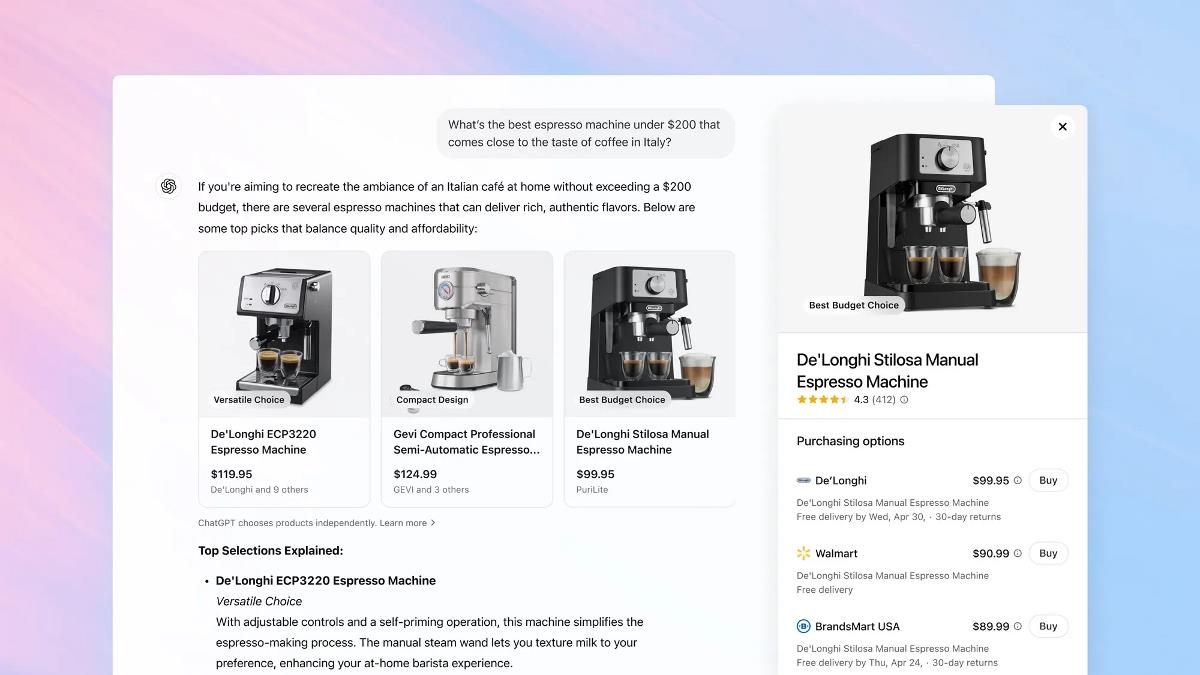Finding the Best AI Coding Assistant: From Pure Vibe to Practical Power
AI for Coders and Pure Vibe: Finding Your Perfect Match It was 2:37 AM. I was still at my desk, swapping between half-written code and half-drunk flat pepsi max, trying to make sense of an authentication system that hadn’t seen love — or documentation — in a decade and looked like it had been duct-taped together. Every fix I tried opened two new problems. Every answer I found raised three more questions. Out of frustration, I finally fed a particularly cursed function to Claude with a simple note: “explain this like I’m five.” To my surprise, it didn’t just explain it — it mapped the dependencies, spotted a couple of logic leaks, and even suggested a cleaner implementation. That was the moment it clicked for me: maybe the right AI could actually make me faster — or at least slightly less miserable at 3 AM. Because here's the thing – not all AI coding tools are created equal. Some are like that brilliant senior developer who seems to read your mind and fixes bugs before you've even explained the problem. Others are more like that well-meaning intern who tries hard but somehow introduces three new bugs while fixing one. And then there's the price tag. Some tools want a monthly kidney rental, while others are free but might hallucinate entire non-existent JavaScript frameworks into your codebase. ("Ah yes, FleroviumJS is perfect for this. Just npm install it right after you feed your unicorn.") So how do you navigate this increasingly crowded landscape? How do you balance capability against cost? And most importantly, how do you find the AI assistant that matches your specific coding style and needs? That's exactly what we're diving into today. The AI Coding Assistant Spectrum Remember when the only "AI" in your code editor was autocomplete that would helpfully suggest console.log after you typed "cons"? Oh, how times have changed. Now we've got AI assistants that can generate entire components, debug complex algorithms, explain legacy code, and occasionally try to philosophize about the meaning of semicolons. Let's simplify by mapping the current landscape across a few key dimensions: From "Pattern Matcher" to "Code Whisperer" At one end of the spectrum, you've got basic code completion tools. They're like that new junior dev who can finish your sentences but doesn't really understand what they're saying. They'll suggest the obvious next line based on patterns they've seen before, but lack deeper understanding. At the other end are the sophisticated reasoning engines that actually seem to understand code. They're like that senior engineer who not only knows what you're trying to do but can spot the architectural flaw in your approach before you've even finished explaining. Here's where some popular tools fall on this spectrum: Basic Pattern Completers: Amazon Q, GitHub Copilot (in its earlier days), codeium, Gemini code-assist Competent Coders: Cursor, windsurf, cline, Roo, aider. Pure Vibe: Bolt, Replit, Lovable, V0 The Price of Admission Alright, let's talk about everyone's least favorite subject after "merge conflicts": money. The landscape of AI coding assistants stretches from free tools (bless Gemini's free tier and GitHub Copilot's limited mode) all the way to paid options that cost more than my monthly coffee budget and my gym membership combined. (And I don't even go to the gym.) You'd think — logically — that the pricier the tool, the better the AI coding assistant, right? Yeah... not so fast. Some of the best AI tools for coding are surprisingly affordable — punching way above their weight for tasks like AI code generation, debugging, and fast prototyping. Meanwhile, a few premium-priced tools (cough Devin 1.0 cough) made me wonder if I was secretly funding a lunar mission with my subscription.although they are slashing their prices on the 2.0 This is where a bit of street-smarts comes in:

AI for Coders and Pure Vibe: Finding Your Perfect Match
It was 2:37 AM. I was still at my desk, swapping between half-written code and half-drunk flat pepsi max, trying to make sense of an authentication system that hadn’t seen love — or documentation — in a decade and looked like it had been duct-taped together.
Every fix I tried opened two new problems. Every answer I found raised three more questions.
Out of frustration, I finally fed a particularly cursed function to Claude with a simple note: “explain this like I’m five.”
To my surprise, it didn’t just explain it — it mapped the dependencies, spotted a couple of logic leaks, and even suggested a cleaner implementation.
That was the moment it clicked for me: maybe the right AI could actually make me faster — or at least slightly less miserable at 3 AM.
Because here's the thing – not all AI coding tools are created equal. Some are like that brilliant senior developer who seems to read your mind and fixes bugs before you've even explained the problem. Others are more like that well-meaning intern who tries hard but somehow introduces three new bugs while fixing one.
And then there's the price tag. Some tools want a monthly kidney rental, while others are free but might hallucinate entire non-existent JavaScript frameworks into your codebase. ("Ah yes, FleroviumJS is perfect for this. Just npm install it right after you feed your unicorn.")
So how do you navigate this increasingly crowded landscape? How do you balance capability against cost? And most importantly, how do you find the AI assistant that matches your specific coding style and needs?
That's exactly what we're diving into today.
The AI Coding Assistant Spectrum
Remember when the only "AI" in your code editor was autocomplete that would helpfully suggest console.log after you typed "cons"? Oh, how times have changed. Now we've got AI assistants that can generate entire components, debug complex algorithms, explain legacy code, and occasionally try to philosophize about the meaning of semicolons.
Let's simplify by mapping the current landscape across a few key dimensions:
From "Pattern Matcher" to "Code Whisperer"
At one end of the spectrum, you've got basic code completion tools. They're like that new junior dev who can finish your sentences but doesn't really understand what they're saying. They'll suggest the obvious next line based on patterns they've seen before, but lack deeper understanding.
At the other end are the sophisticated reasoning engines that actually seem to understand code. They're like that senior engineer who not only knows what you're trying to do but can spot the architectural flaw in your approach before you've even finished explaining.
Here's where some popular tools fall on this spectrum:
- Basic Pattern Completers: Amazon Q, GitHub Copilot (in its earlier days), codeium, Gemini code-assist
- Competent Coders: Cursor, windsurf, cline, Roo, aider.
- Pure Vibe: Bolt, Replit, Lovable, V0
The Price of Admission
Alright, let's talk about everyone's least favorite subject after "merge conflicts": money.
The landscape of AI coding assistants stretches from free tools (bless Gemini's free tier and GitHub Copilot's limited mode) all the way to paid options that cost more than my monthly coffee budget and my gym membership combined. (And I don't even go to the gym.)
You'd think — logically — that the pricier the tool, the better the AI coding assistant, right?
Yeah... not so fast.
Some of the best AI tools for coding are surprisingly affordable — punching way above their weight for tasks like AI code generation, debugging, and fast prototyping.
Meanwhile, a few premium-priced tools (cough Devin 1.0 cough) made me wonder if I was secretly funding a lunar mission with my subscription.although they are slashing their prices on the 2.0
This is where a bit of street-smarts comes in:


























![[Free Webinar] Guide to Securing Your Entire Identity Lifecycle Against AI-Powered Threats](https://blogger.googleusercontent.com/img/b/R29vZ2xl/AVvXsEjqbZf4bsDp6ei3fmQ8swm7GB5XoRrhZSFE7ZNhRLFO49KlmdgpIDCZWMSv7rydpEShIrNb9crnH5p6mFZbURzO5HC9I4RlzJazBBw5aHOTmI38sqiZIWPldRqut4bTgegipjOk5VgktVOwCKF_ncLeBX-pMTO_GMVMfbzZbf8eAj21V04y_NiOaSApGkM/s1600/webinar-play.jpg?#)









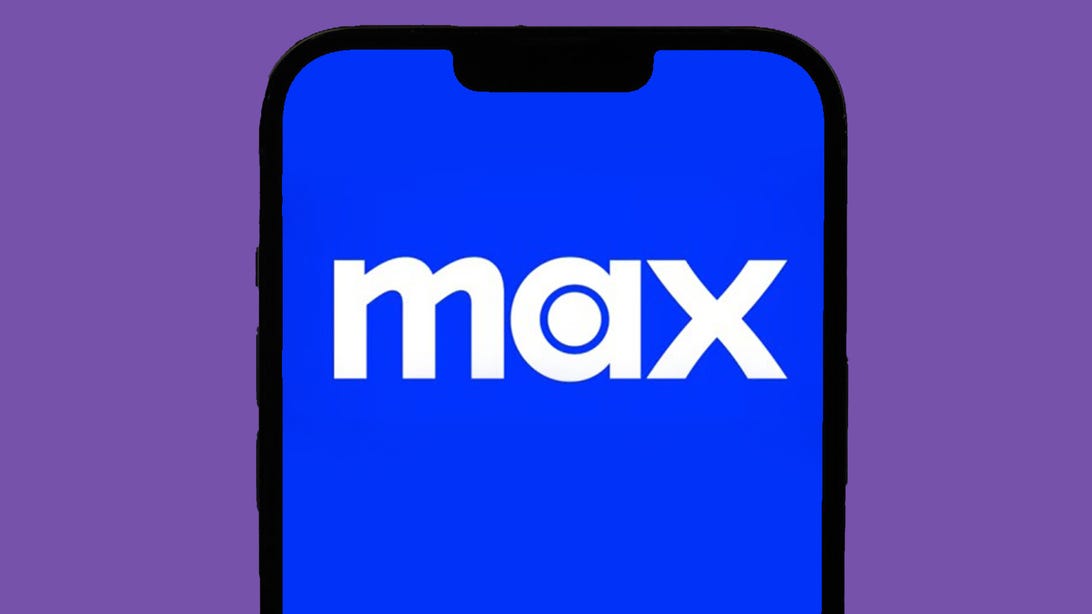
































































































































![[The AI Show Episode 145]: OpenAI Releases o3 and o4-mini, AI Is Causing “Quiet Layoffs,” Executive Order on Youth AI Education & GPT-4o’s Controversial Update](https://www.marketingaiinstitute.com/hubfs/ep%20145%20cover.png)














































































































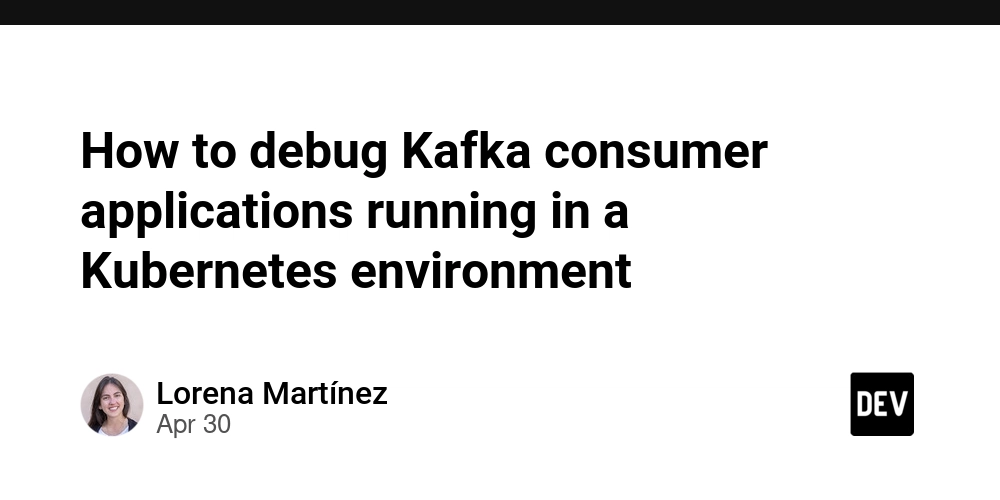

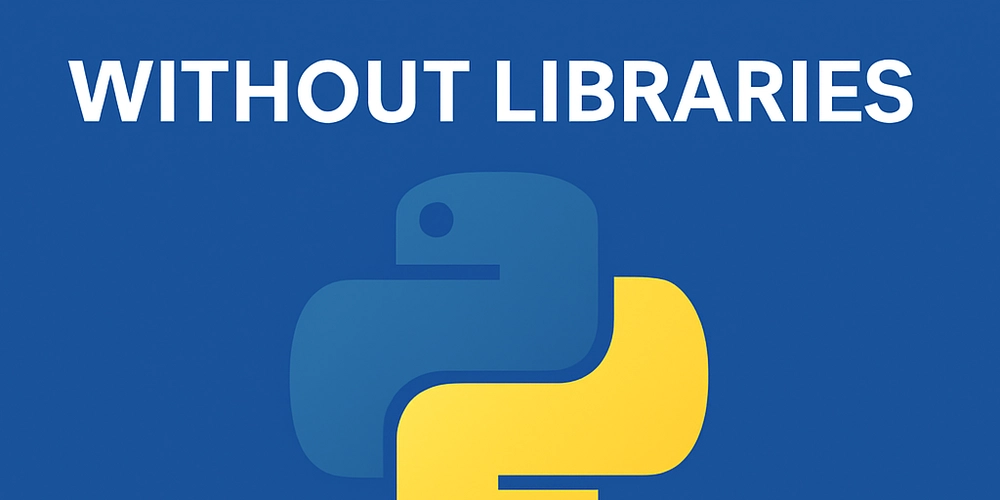












































































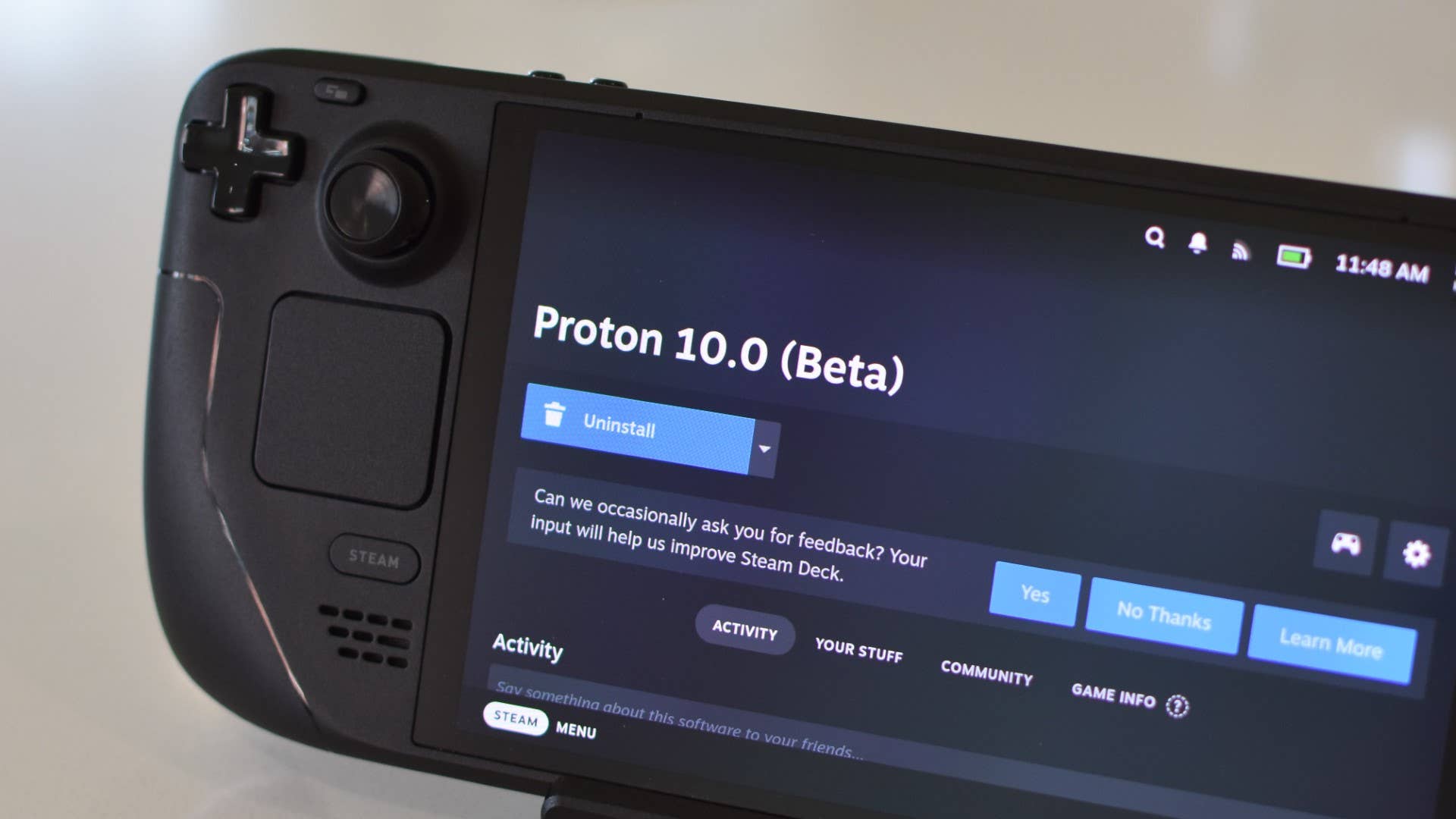

























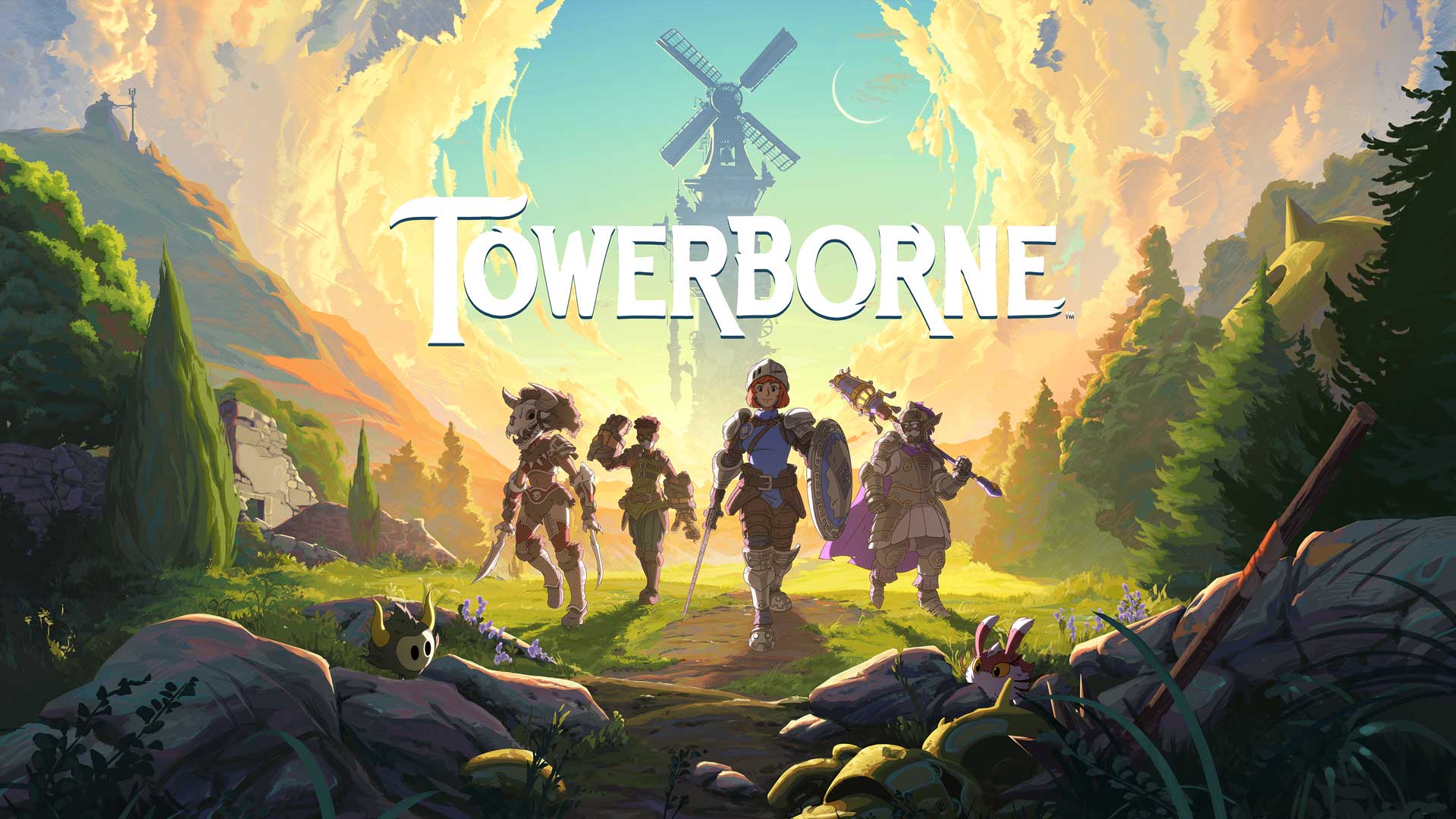





















































_Tanapong_Sungkaew_via_Alamy.jpg?width=1280&auto=webp&quality=80&disable=upscale#)






















































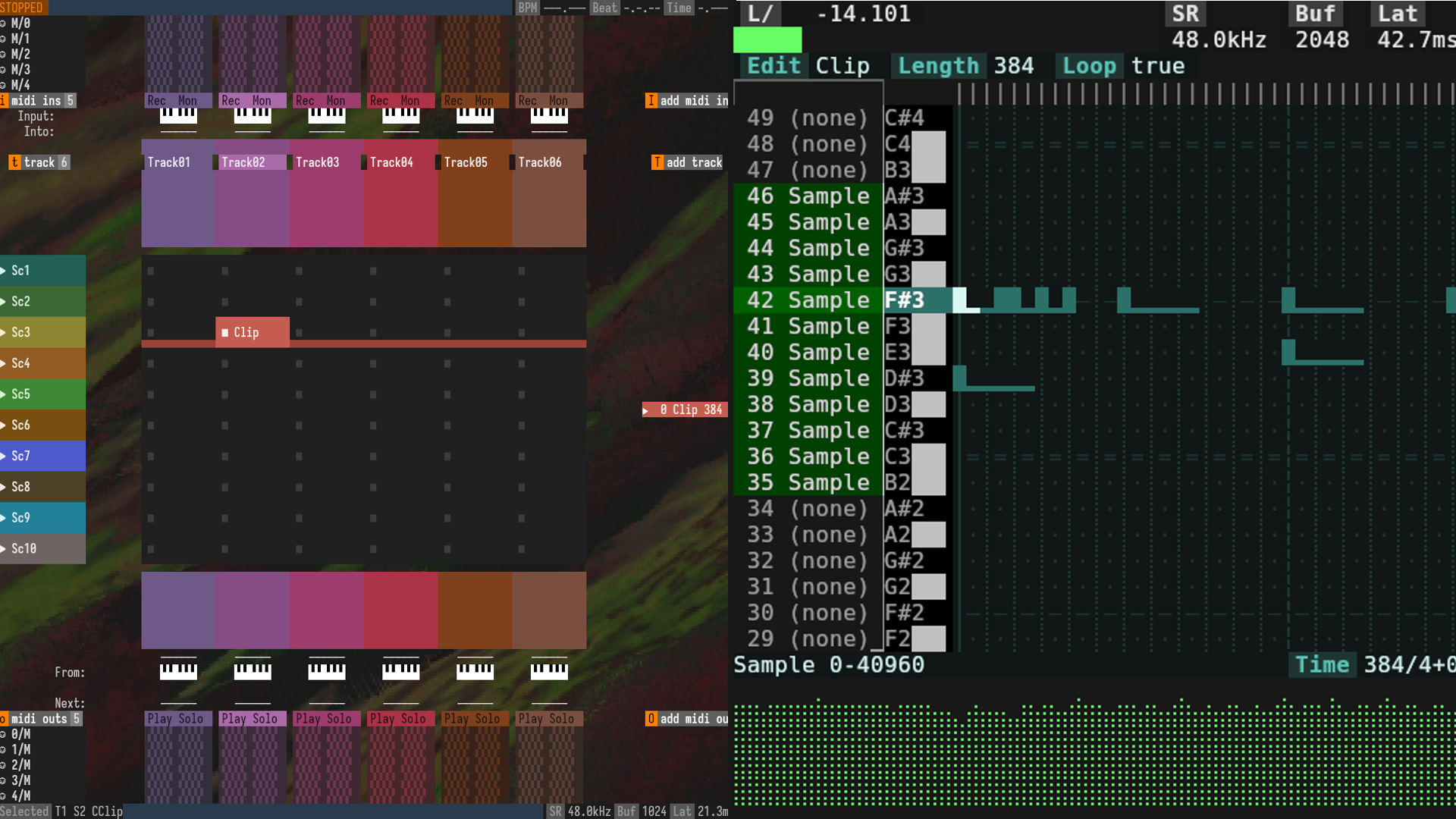

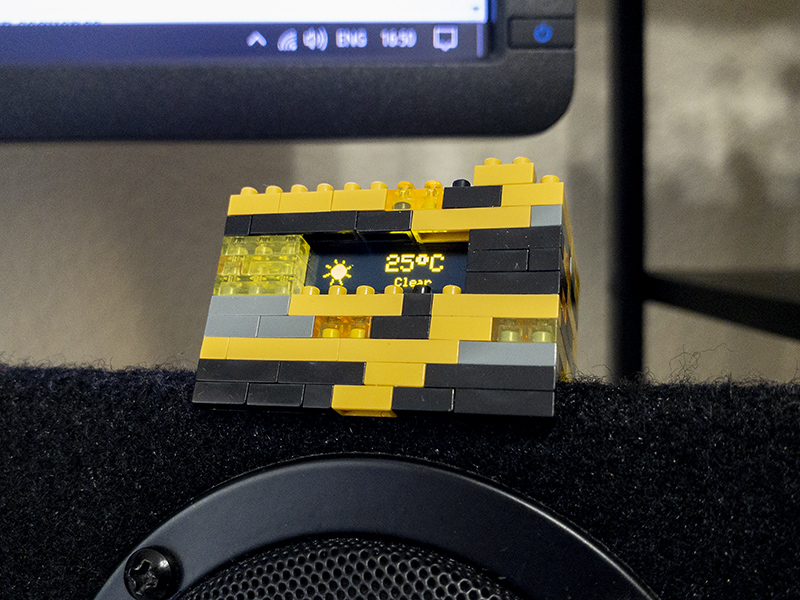


























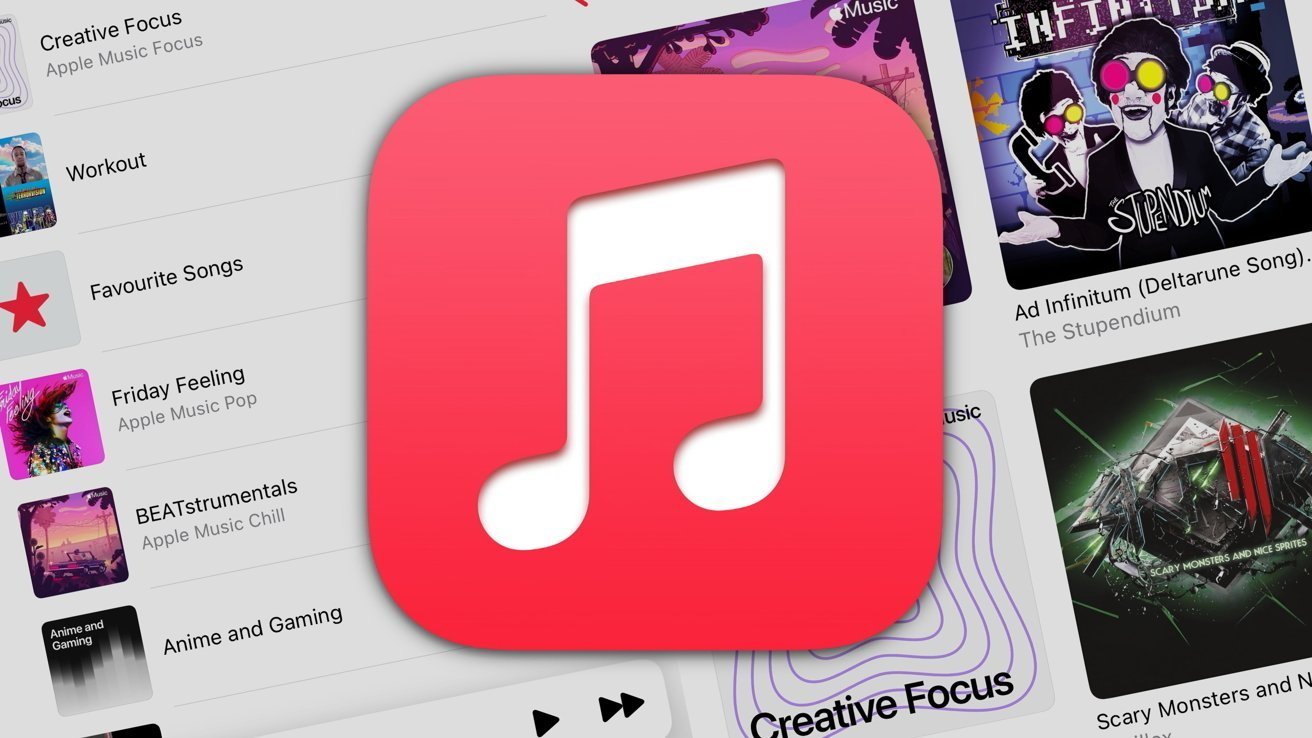




























![Apple Restructures Global Affairs and Apple Music Teams [Report]](https://www.iclarified.com/images/news/97162/97162/97162-640.jpg)
![New iPhone Factory Goes Live in India, Another Just Days Away [Report]](https://www.iclarified.com/images/news/97165/97165/97165-640.jpg)





















